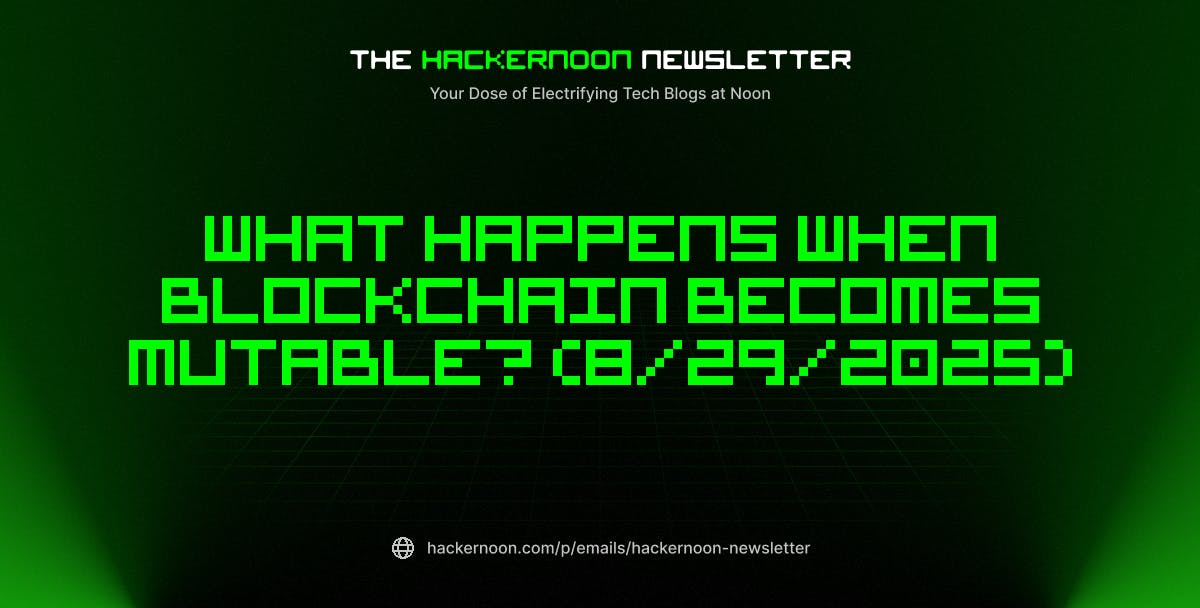Remember when companies proudly displayed their massive ERP implementations like digital trophies? Those days are fading fast. Today’s smartest organizations are discovering that one-size-fits-all enterprise software is about as effective as using a sledgehammer to crack a walnut.
The writing is in the market data. The ERP market is projected to reach $147.7 billion by 2025, but here’s the twist: 76% of IT decision-makers have heard of composable ERP, and 84% plan to invest in it. That’s not gradual adoption—that’s a stampede toward flexibility.
Traditional ERP systems were built when business processes moved at quarterly speeds and change was measured in years. These digital dinosaurs force companies into predetermined molds, demanding that unique processes conform to rigid software structures.
The result? Companies spend months customizing operations to fit their ERP system instead of the reverse. Unlike monolithic platforms, composable ERP uses APIs and microservices to plug and play new capabilities quickly. This isn’t just technical—it’s a fundamental business shift.
More than 80% of businesses now seek ERP solutions customized to their unique requirements. This isn’t preference; it’s necessity in markets that change faster than traditional systems adapt.
Companies can swap underperforming modules without disrupting the whole system, ensuring investments remain future-ready. It’s replacing a single component versus rebuilding the entire machine.
While most ERP vendors modernize monolithic architectures with digital band-aids, Nextworld has been recognized for enabling composable business transformations. Nextworld’s breakthrough is separating applications from underlying technology. As technology changes, Nextworld modifies the architecture and regenerates—all applications immediately inherit new capabilities without disruption.
This creates “future-proof” applications using metadata to buffer applications from technology stack changes. When underlying technology evolves, applications automatically inherit new capabilities seamlessly.
Nextworld’s enterprise no-code platform allows users to “leverage packaged business applications and build custom apps that automatically inherit new technologies.”
This isn’t simplified consumer no-code—it’s enterprise-grade development capability. Business users build and change applications independently, dramatically reducing IT dependence. Customizations automatically merge with updates, meaning zero downtime.
The platform ensures custom applications don’t become technical debt. Instead of accumulating modifications that make upgrades nightmarish, customizations become sustainable and self-improving.
Nextworld pioneered the “Clean ERP Method”—modernizing without complete system replacement. Organizations “keep a clean ERP environment and use Nextworld to create new, custom experiences” while maintaining existing investments.
Companies can extend current systems, integrate packaged applications, or replace legacy software. It’s evolution, not revolution—though results can be revolutionary.
Companies clinging to monolithic ERP architectures will find themselves like organizations that refused to abandon mainframes—technically functional but competitively obsolete. The future belongs to organizations that can rapidly compose, decompose, and recompose business applications as conditions demand.
What this means for ERP Insiders
Embrace platform thinking over product thinking. The ERP market will reach $147.7 billion in 2025, with companies prioritizing flexibility over functionality. Smart tech leaders shift from “what can this system do?” to “how quickly can this adapt?” Nextworld customers report being “flexible, nimble, adaptable” companies finding matching partners. Audit your system’s evolution ability—if customizations require extensive IT involvement or create upgrade roadblocks, consider composable alternatives putting business users in control.
Invest in no-code capabilities to reduce technical debt. 87% of CIOs cite technical debt as the primary obstacle preventing future investment opportunities. Traditional ERP customizations create mounting debt compounding with each upgrade. Nextworld ensures “customizations automatically merge with updates” with “zero downtime.” Calculate total ownership costs for current customization approaches, including upgrade delays and consultant fees. Companies like Tuff Shed transformed operations moving from fragmented systems to integrated platforms evolving seamlessly.
Architect for ecosystem integration, not system replacement. The future isn’t finding one perfect system—it’s creating ecosystems of specialized solutions working together. Nextworld’s platform enables businesses to “focus digital modernization on meaningful, high-impact initiatives” without wholesale replacement. Develop integration-first strategies allowing best-of-breed solutions to coexist through “open standard REST-based connections.” Map integration bottlenecks where rigid ERP limitations force suboptimal workarounds. Composable platforms serve as integration hubs unifying disparate systems while preserving specialized application strengths.








